After a very rejuvenating discussion the previous day, all the three friends, Pranav, AK and Rajesh, decided not to discuss anything about retirement today and concentrate on their reason for meeting there – a good round of Golf. They could do a full 18-hole course, which made the bright day even brighter.
The South Indian breakfast at the café seemed even yummier and they were enjoying dissecting their golf game today.
“Good morning Sirs, I’m Col Ramesh Kumar,” they had an unexpected visitor. Ramesh continued, “Sorry for butting in but I and my golf buddy, Sqn Ldr Sanjeev Singh, have been listening to your discussions for the past few days on retirement and today we thought we’ll take some benefit from your knowledge Sirs, if you don’t mind.” Sanjeev had also walked up and greeted them.
“Why not, sure Sanjeev. But be under no wrong impression – it is Pranav who is the knowledge fountainhead here and we’re just gaining from it. But first of all, why do you wish to know about retirement – you guys look so young, especially Sanjeev!” AK was surprised.
“Sir, we both have decided to move on – Sanjeev is a Short Service officer and leaving after completing his engagement with Air Force while I’m taking Premature Retirement (PMR). After initial dilemmas, we both have firmed up our decisions and now are looking for some gyan about what to do with the retirement corpus. I would be going into the corporate world while Sanjeev has decided to start an e-commerce company with one of his school friends.”
“That’s very nice Ramesh. While we can’t tell you anything about your next careers because none of has any idea about it, money management is something we have now become ‘experts’ at and can guide you, if that’s ok with you,” said Rajesh jokingly with a glint in his eyes.
Ramesh and Sanjeev pulled up the chairs and sat down next to them to get the pearls of wisdom. “Sir, we just need to know what to do with the money that will come to us since we are now going in from a secured environment to a truly topsy-turvy world?” Sanjeev enquired.
“I take it Sanjeev that you’ve heard some part of our conversations. Remember that the basic tenets of money management do not change. Whatever you do, it has to be run through three important checks – does it cater to your future financial requirements, is it as per your risk profile and comfort level, and does it take care of your emergencies if they ever strike you? Only when all three checks come out positive can you assume that you are on the right lines in investing your hard-earned money,” the professor in Pranav lectured.
Rajesh took up from here, “Obviously your children are young and would still be in school, you may or may not be having a house of your own, and you still have a long working life ahead of you. These three things change the dynamics of investing for you both, almost completely. You can take risks in your investments, you do not need much amount right now as your important financial goals are necessarily far away from now, and catering for emergencies like job loss or career changes are very important for you due to the trajectories you are getting into now.”
“Absolutely right Rajesh and well-said. So, you both have to first very carefully chart out your Income-Expenses matrix. And Sanjeev, this is much more important for you since you are getting into entrepreneurship which typically has long-payback periods and you need to be ready to have literally zero income for next 2-3 years at least,” AK said.
“There are primarily Six financial issues that you have to look for. Firstly, is the emergency fund which should be for 6-12 months of your requirements – 6 months for you Ramesh if you consider your job as stable and 12 months for you Sanjeev. This should be invested in a manner that it can support you and your family in case of any adversity.
Secondly is Life insurance which is of utmost important since you are out of fauji security umbrella. While a general thumb-rule of 7-10 times years’ gross income is thrown around, it should be based more on correct assessment of your assets and liabilities.
Third is Medical insurance. If the ECHS is not available or suitable for you for any reason, this again is a priority for you for the right cover amount.” Pranav emphasised.
“May I add the Fourth one as the Provident Fund (PF), whether PPF, EPF or some other PF as per your company norms, just like the DSOPF in fauj. This is your long-term money and should be taken out only for real long-term things, including at your retirement time,” Rajesh added.
AK, not to be left behind, butted in, “And don’t forget the all-important – Investments. This is the one which will take up your maximum money-time, and planning. This is the one which will enable you to meet your future financial requirements – your children’s requirements, buying or building a house, buy that aspirational car or go on the Europe trip, and many more such needs. So be very careful, take risk as due, neither less nor more, and as far as possible, keep your money liquid.” AK was actually quite impressed that Ramesh and Sanjeev were frantically trying to capture each and every word being spoken in the notes on their mobile.
“Then what is left as the sixth one, Sir?” Sanjeev asked.
“Retirement planning, my dear. That is of utmost importance especially to you since you’re leaving the fauj without pension and your entrepreneurial venture may not give you the stable income that you require after you decide to retire. Ramesh is getting out with pension and that would be very helpful and generally adequate when he decides to call it a day in his career,” Pranav added.
Ramesh was really grateful that he decided to approach this elder lot today. The knowledge that they both gained today was the clarity that they both had been struggling with for many months. He and Sanjeev thanked them all for sparing this time for them and also extracted their phone numbers and promises that they can contact them for further money advice if needed in future.
When they both were out of the earshot, Rajesh winked at AK, and laughed, “AK, did you realise that we both were the financial experts today, guiding these youngsters in money management. I can’t believe it, and they even took down notes verbatim of what we said!”
The financial experts’ gathering ended today on this happy note.
Gyan Collected
- Everybody has different requirements as per his/her risk profile, future financial needs and what they have already done. While products advise can be generalised, financial planning requirements have to be customised.
- The investment basket for younger persons could be vastly different from the older ones. Longer earning and investment time horizons increase the risk aptitude and capacity, implying that riskier assets can be acquired for better possible gains.
- The Six issues brought out in the conversations above will never apply in the same manner to each and everybody. It should be intelligently interpreted as per own circumstances and followed through.



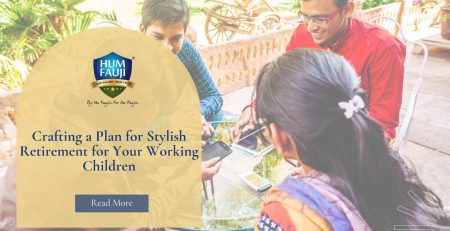
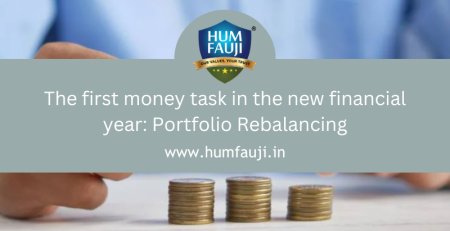
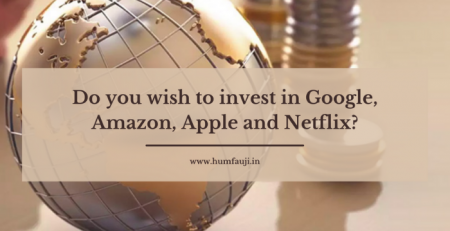
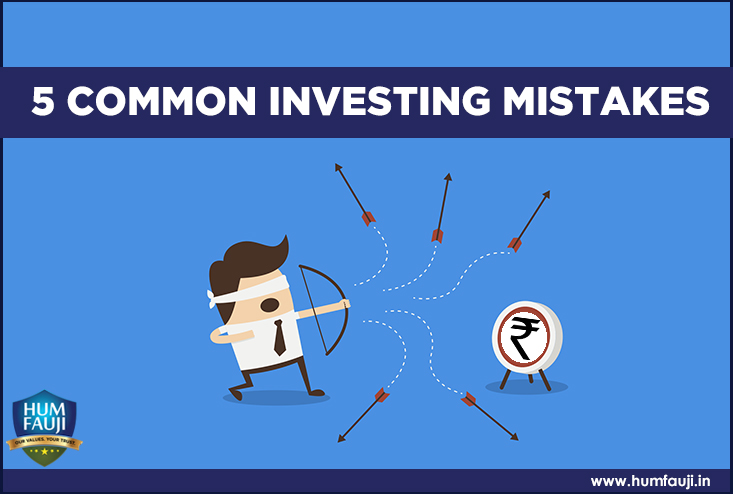




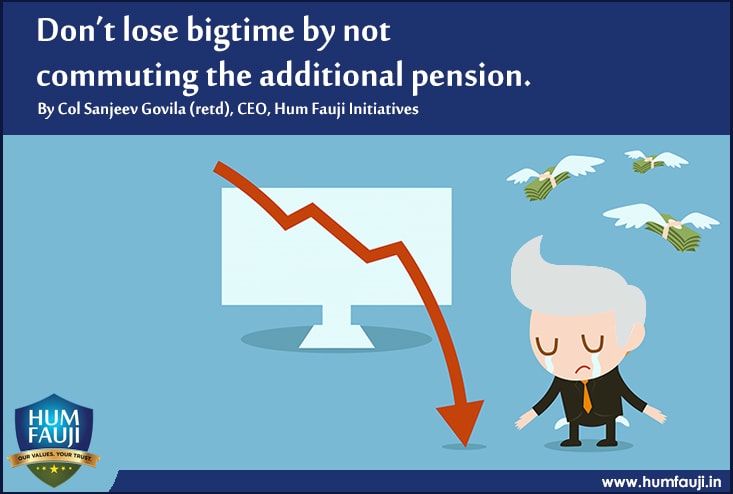


Leave a Reply